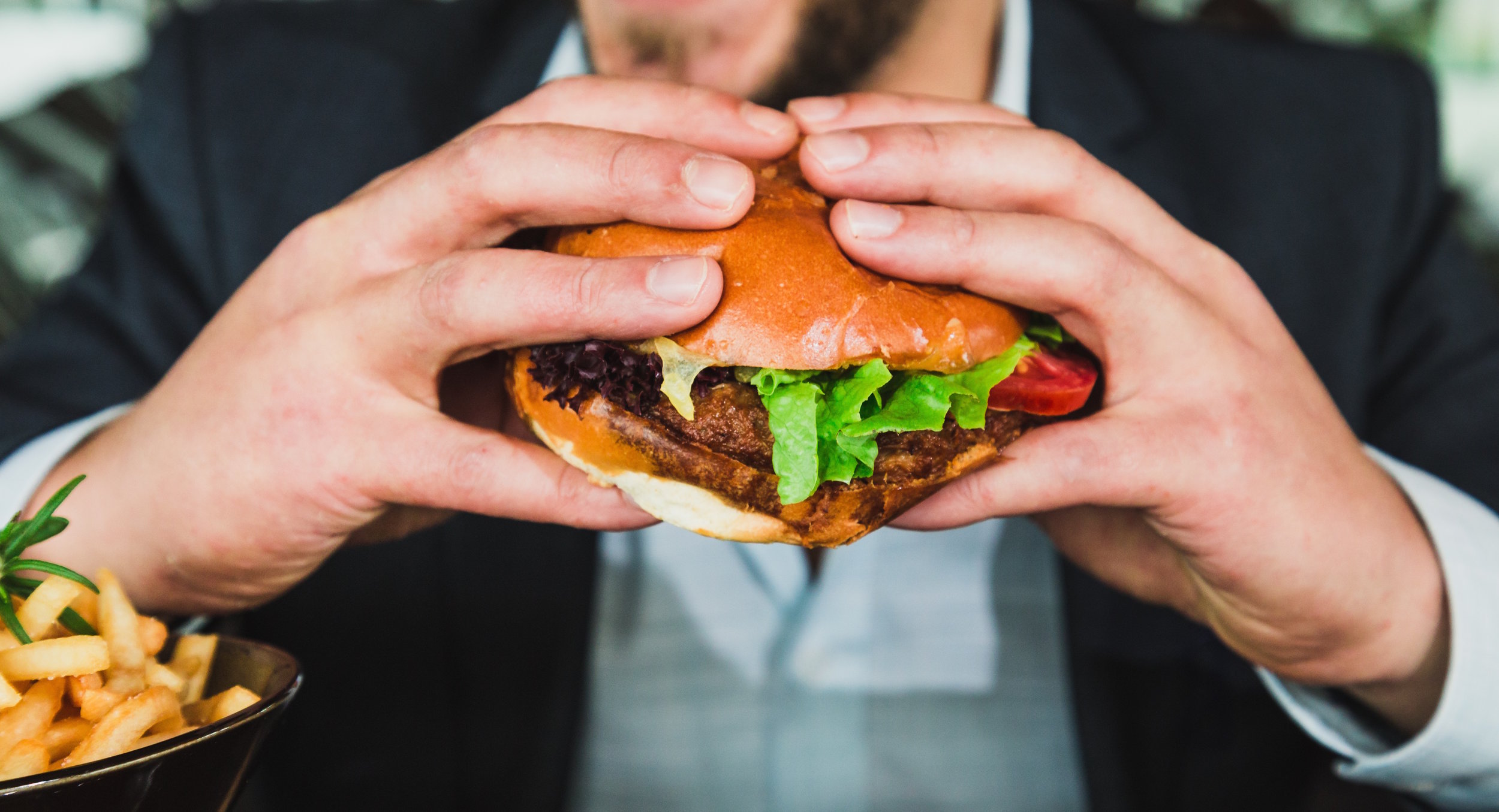5 main triggers of Hunger
Hunger is the strong desire or need for food. Its main purpose is a survival mechanism to ensure the body gets enough energy and nutrients needed to survive. However most of us are fortunate to live at a time where food exists in abundance, and therefore hunger is being triggered when survival isn't at risk.
There are 5 main triggers of hunger. Being able to understand and recognise these allows you to control your hunger rather than letting your hunger control you.
NUTRITIONAL HUNGER
This hunger occurs when your body craves certain nutrients due to nutrient deficiencies. Our body requires a balanced level of nutrients and when this balance is off, our body will crave them and therefore trigger nutritional hunger. Avoid this by consuming a nutrient rich and whole food diet packed with protein, a variety of colourful rich veggies, fibre rich smart carbs and satiety promoting good fats.
LOW BLOOD SUGAR HUNGER
When your blood sugar levels drop, your body will crave energy quickly and this is often translated to the brain as craving simple/poor quality forms of carbohydrates such as sugar, bread, chocolate, ice-cream (my weakness), crackers, cakes, etc. Avoid this trap by eating slow energy releasing carbohydrates such as sweet potato, chickpeas and whole fruits along with protein to keep you feeling full and fats to keep you satisfied. I also recommend a protein containing snack in the afternoon to avoid the 3pm energy slump.
EMPTY STOMACH HUNGER
Hunger pangs are a survival mechanism to avoid starvation however they don't always indicate a true need to eat. The stomach is a muscular organ that is capable of stretching and collapsing. When it’s stretched by food and liquid, you feel full. When it’s been a long time between meals, your stomach becomes flatter and may contract, causing you to experience hunger pangs. If you have been over indulging and have stretched your stomach, eating smaller portions initially to achieve weight loss might be necessary and therefore so too might be the empty stomach hunger. Based on your needs, empty stomach hunger might be a good indication to eat whilst for others i.e people who are intermittent fasting or need to reduce their portion sizes, to push through it. It is important however that you don't leave too long between meals as this could trigger low blood sugar hunger.
DEHYDRATION HUNGER
I often talk about how dehydration is masked as hunger. Drinking at least 2L of water daily will prevent this form of hunger from kicking in.
EMOTIONAL HUNGER
Emotional eating is a common form of hunger I see in my practice. Food is often used to satisfy an emotion however this is a short term fix and is often followed by guilt triggering more negative emotions soon after. A big driver of this is the food industry as they know how to market to our emotions, driving us to seek these positive feelings through food. It is important to identify your emotional eating patters and find other behaviours that lift your mood with longer lasting effects such as excising, reading, catching up with friends, meditating and practicing self love.
In summary, here are some tips to control your hunger ensuring you eat the right amounts and right foods to support your health whilst maintaining a healthy weight.
Eat a colourful and whole food diet that contains a wide variety of foods to avoid nutrient deficiencies
Stay hydrated aiming for 2L of water daily
Eat fibre rich carbs such as veggies in combination with good fats and protein to keep your blood sugar levels stabilised and avoid skipping meals throughout the day
Understand your negative eating triggers/patterns and practice mood lifting activities in those moments rather than resorting to food
Listen to your body and avoid mindless eating


